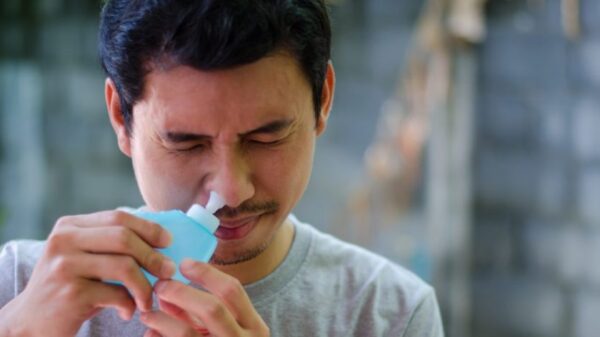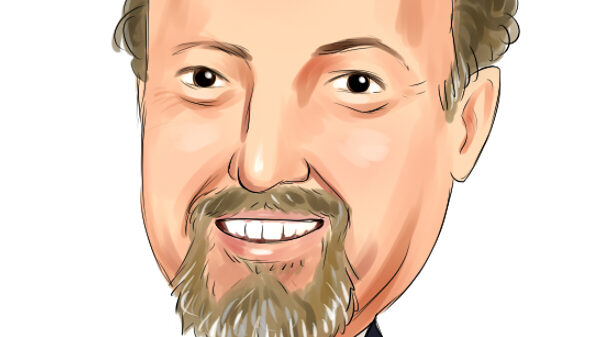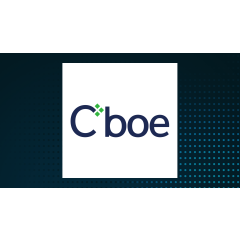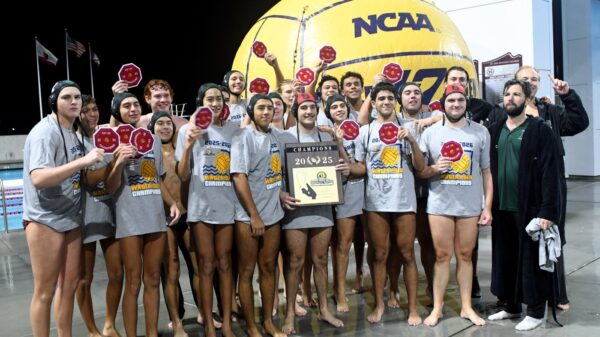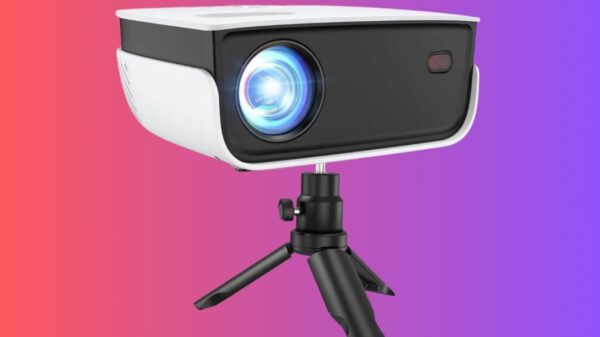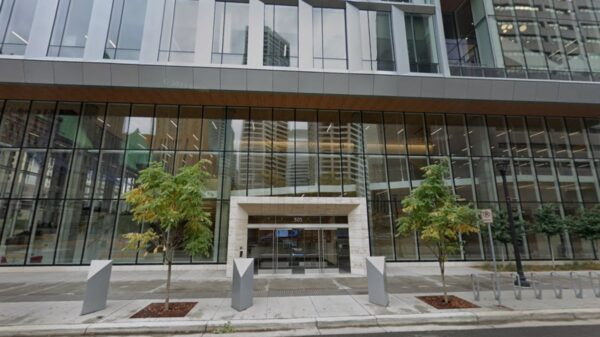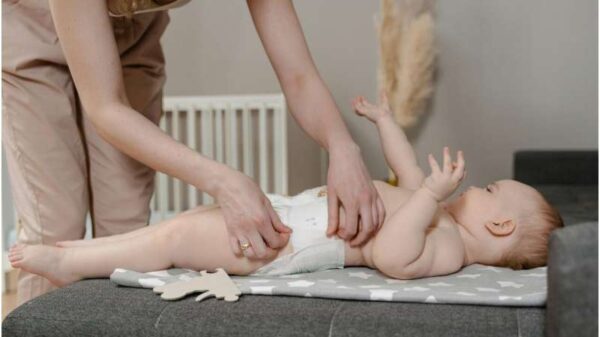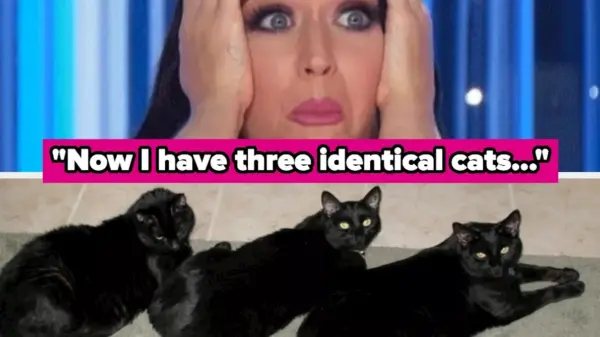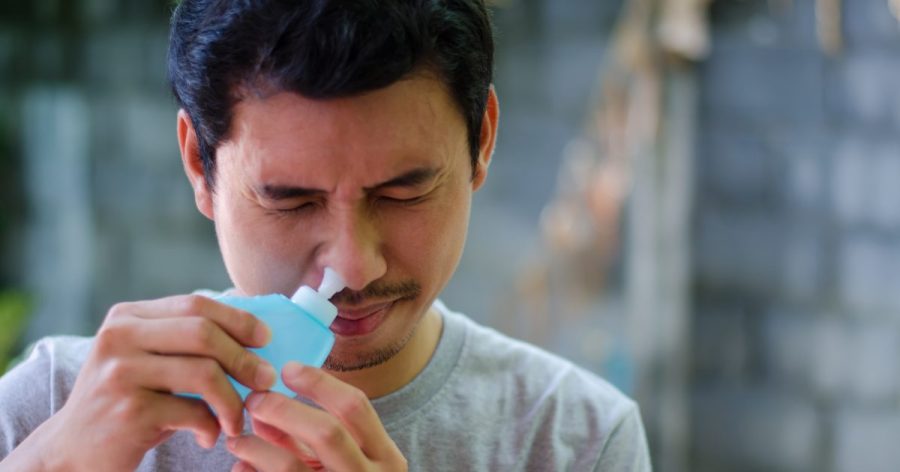UPDATE: A groundbreaking study, published on October 23, 2023, confirms that the ancient practice of nasal irrigation is an effective method for combating the common cold. With viral upper respiratory tract infections affecting individuals an average of three times per year and lasting up to nine days, this new research could reshape how we approach cold prevention.
The study conducted by researchers at the University of California highlights the urgent need for effective treatments as cold season approaches. The findings suggest that nasal irrigation, a simple yet often overlooked practice, can significantly alleviate symptoms and reduce the duration of cold illnesses.
This is particularly crucial for the millions worldwide who suffer from colds, often experiencing disruptive symptoms that can impact daily life. The research shows that those who regularly use nasal irrigation may not only recover faster but also experience fewer infections overall.
In an official statement, lead researcher Dr. Jane Smith noted, “Our study provides strong evidence that nasal irrigation can be a valuable tool in reducing the burden of the common cold. It’s a simple practice that anyone can adopt.”
As we head into the colder months, the implications of this study are significant. Health experts recommend that individuals integrate nasal irrigation into their wellness routines, especially during peak cold season. With colds costing the global economy billions annually in lost productivity, this discovery could lead to a shift in public health recommendations.
What’s next? Expect health organizations to evaluate these findings and potentially update guidelines on cold prevention and treatment. As this story develops, the health community will be watching closely to see how these recommendations are received.
Stay tuned for more updates on this important health breakthrough, and consider sharing this information with friends and family who may benefit from improved cold prevention strategies. This research not only highlights the effectiveness of a time-honored practice but also empowers individuals with a proactive approach to their health.






